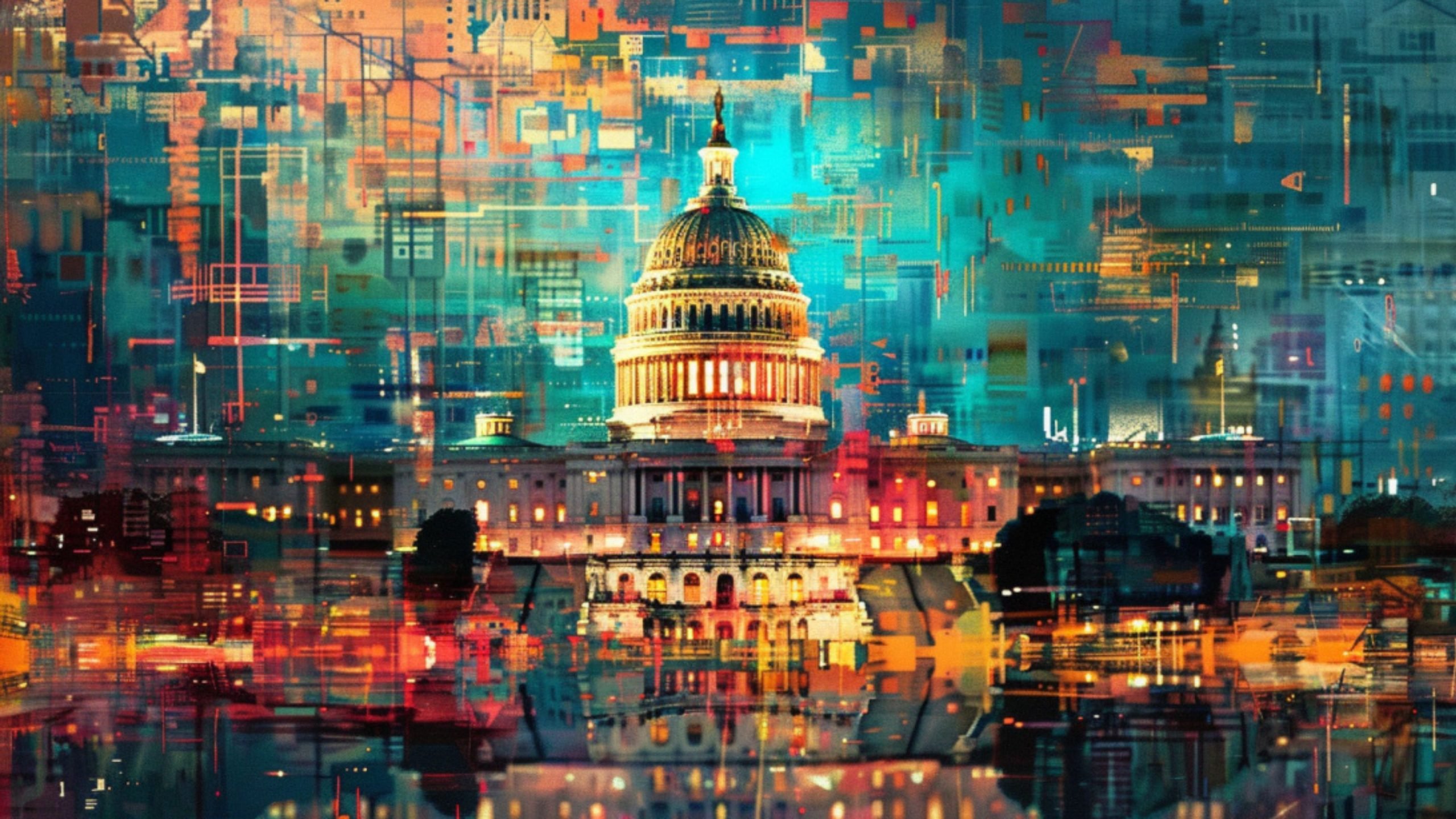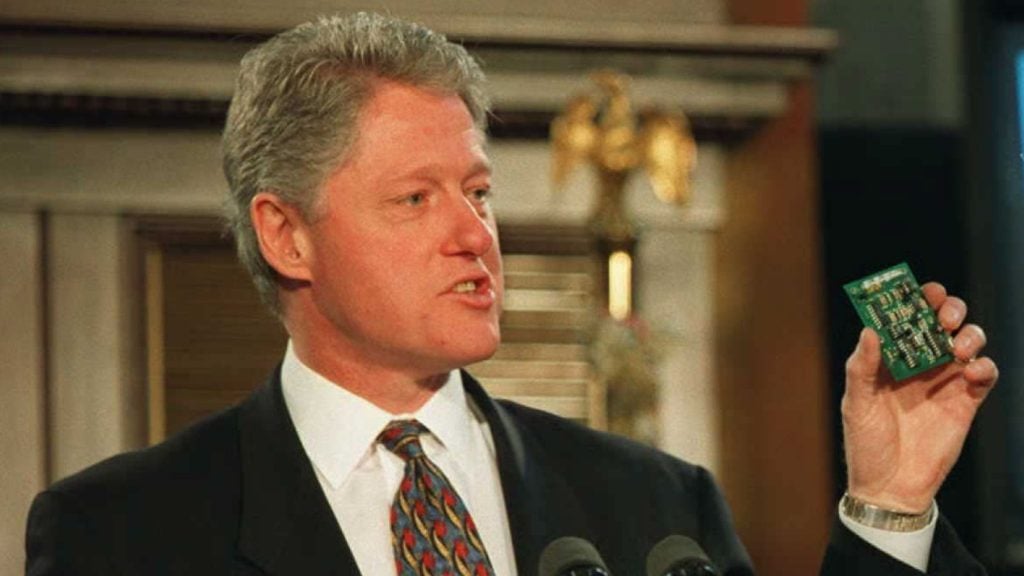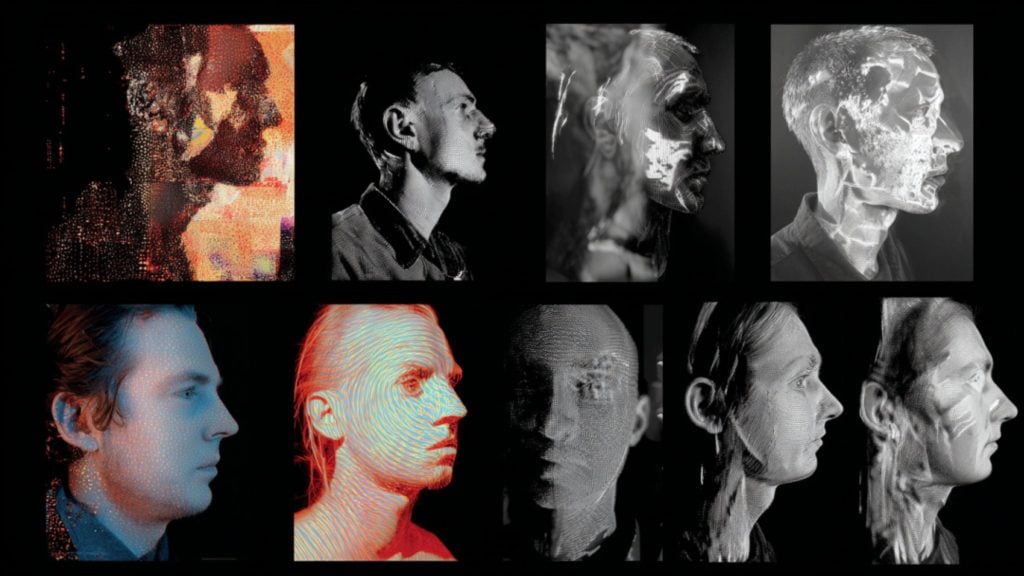US House Democrats seem to have chosen the path of not taking any accountability whatsoever for the goings-on during a number of previous years, which resulted in an unprecedented form of “public-private partnership” – what is known, and investigated, as the government-Big Tech censorship collusion.
The House Judiciary Committee is behind one of the more prominent investigations (yet another is conducted by the Committee on Small Businesses) and the Judiciary body just held a hearing titled, “The Censorship-Industrial Complex.”
But it was mostly an opportunity for Democrats who showed up to deny, deflect, downplay – pretty much every point of this fundamentally important problem.
Democrat members of the House of Representatives present – Jamie Raskin, Eric Swalwell, Jasmine Crockett, Pramila Jayapal – had to first sit there and listen to Judiciary Committee Chairman Jim Jordan, a Republican, open by painting the big, and damning picture of how the events relevant to the inquiry unfolded over the years of the Biden administration.
Jordan first reminded everyone of the time when now US President Donald Trump was a pariah, banned on all major platforms, while cable providers started coming under pressure from Congress Democrats to figuratively and literally “deplatform” big conservative media like Fox and Newsmax.
We now all know how that turned out, for each of the players – but in the meantime, a pivotal development took place – the publishing of the Twitter Files, the first hard and concrete set of internal files documenting the sometimes roundabout (via third-party “fact checkers,” “raters,” etc) but the unmistakable way the former government was attempting – and succeeding – in circumvent constitutional limitations it came up against while censoring Americans’ lawful speech.
The truth about the nature and mechanisms of what the Committee – but also the public, in the US, and beyond – learned about, piece by piece, during the investigative process, was in a way “cemented” very publicly when Meta CEO Mark Zuckerberg, shortly before the 2024 election, submitted a letter openly speaking about the now former White House pressuring the tech and social media giant to censor – and admitting it was a mistake to give in to that pressure.
According to Jordan, the (official, and unlawful) collusion started on the third day of the Biden administration in 2021, when then Twitter was asked in an email from Clark Humphrey to censor Robert F. Kennedy – for a post about the damage from Covid vaccines (that, according to Jordan, presented factual information – and the Committee chair made sure to point out Kennedy is now “the guy who’s gonna be named Secretary of Health and Human Services.”)
Michael Shellenberger – who, together with Matt Taibbi, was among a handful of journalists working on publishing the Twitter Files – not only came up with the phrase, “the censorship industrial complex” to sum up what those documents revealed, but was also, along with Taibbi, and Canada-based Free Press journalist Rupa Subramanya, a witness during this hearing.
And participating Democrats made quite a spectacle of their partisan policies, attempting to at once ignore the evidence at hand, and swiftly go for at times bizarre arguments such as that what remain the most resolutely not debunked censorship collusion accusations are somehow “automagically” debunked.
The new administration was also accused of actually being the ones pushing censorship with a number of measures, and it went all the way to the claims that Republicans also benefit from the suppression of information (“dis- and mis-information” in Democrat parlance).
Other than the intended purpose of continuing the dogged work of the Committee to shed light on some of the most shocking anti-speech practices in a major democracy in recent times – the hearing could also serve to demonstrate how exactly Democrats, having all the power in their hands, still managed fumble the ball and lose a “historic” election, in such a landslide.
It may have been because the policies are not good enough, to begin with, but also because those representing them come across as scattered, confused, and generally, fatally politically unconvincing, while more than uninspiring – at times appearing to do little more than parrot the party talking points.
And those by and large revolved around Donald Trump and Elon Musk, who they are, or what they might be up to – rather than focusing on clarifying the scandalous censorship collusion in the previous four years.
When that point would get brought up, the Democrats’ “mission” seemed to be to use jargon and even profanities to reject the censorship that ever happened.
During the campaign, their word of choice to discredit the eventually winning candidate and his allies had been – “weird.”
During this latest hearing, as Taibbi noted in a post afterward – phrases like “bullshit,” “waste of time,” “dumb,” “distraction” – were all used to try to discredit any evidence and/or testimony of the collusion, brought to their attention by the Committee.
If somebody happens not to approve of the Democrat approach to an investigation into such a vitally important issue to any true democracy – there’s always the possibility of applying those same, just-mentioned terms, to their own tactics here.
Congressman Jamie Raskin (D) chose to make Steve Bannon – a former Trump ally back from 2016 who has since been hard at work against him – somewhat of a central reference to his claims which, instead of investigating documented cases of US authorities-driven censorship the Committee wants to clarify – go into dramatic and unsubstantiated claims like this one: “The wrecking ball of right-wing authoritarianism is swinging right through Congress.”
Raskin quotes Bannon to refer to Musk as “a truly evil individual” (go easy on “hate speech” there, congressman – some might say.)
Raskin’s primary audience may or may not know it, but his “arguments” are a fairly embarrassing hodgepodge of narratives, including when he turns to the ancient (as in, the “philosophy” behind the rapid success of US tech) slogan – “Break things and break things fast.”
(It’s about software development. The idea being, to recognize whatever’s wrong quickly, come up with a fix, and allow progress.)
Yet according to Raskin, that’s what Bannon essentially “warned” was Musk’s “M.O.”
No kidding.
This congressman goes on to further deflect from the main issue by implying that Musk is undermining the US economy, not to mention operating a “nocturnal doge Muscovite youth brigade.”
In other words, it becomes immediately clear that instead of addressing the questions at hand, House Democrats have behaved as if they think the campaign is still in progress – including “reinventing reality” with the claims of “foreign meddling,” and that the actual targets of censorship are its purveyors.
“Trump’s DOD kicked out eight news groups that had space in the Pentagon but which asked skeptical questions of the new secretary, including The New York Times, NBC News, and The Washington Post, all ousted in favor of outlets willing to faithfully advance the party line of the state, like Breitbart and One American News Network,” said Raskin.
That’s the essence of the bitter tears the (former) establishment now cries just over the fact the new administration is acknowledging reality and allowing smaller and independent media to participate in press briefings.
Raskin also found the strength within himself to bring up the name of commentator Laura Loomer – for many years severely censored and deplatformed by the Democrat administration – as supposedly proof that Musk’s X, and the current White House, could possibly be worse than the previous one when it comes to free speech.
To quote Raskin – albeit, the words he uttered were meant to serve his own purpose, but – “I mean, this is lunacy.”
Eric Swalwell (D) revealed that he, on the one hand, doesn’t think revoking press credentials (while allowing more in) is a form of censorship. And then he went into this:
“For many Republicans, they believe that information is a means to power. And so they are primarily concerned with using information, whether it’s disinformation or misinformation, as long as it gets them to power, they’re okay with it.”
Many times when people talk about others, they really tell on themselves. And here it looks like Swalwell chose a long-winded way of telling on Democrats: actual information, and “dis/misinformation” are to them apparently the same thing – the only difference is how the terms are used and interpreted.
Congresswoman Jasmine Crockett (D) seemed to at first try to “reel it back in” to what the hearing was about, even if expectedly denying that the former government coerced social media companies to take down “disfavored” content, and offering “excerpts from transcripts of interviews with witnesses from the social media companies who this committee interviewed last Congress. They all testified that there was no direct coercion.”
Not Zuckerber’s letter to the committee itself, not specifically Biden Deputy Campaign Manager Rob Flaherty’s emails – stood in the way of Crockett making that particular claim.
Pramila Jayapal (D) is one of those who felt their time was “wasted” on a Congressional hearing like this. More than that, the topics of investigation have supposedly been “repeatedly debunked” (but the congresswoman may or may not have had this confused with the Hunter Biden laptop story?)
And, appearing to draw from the same memo – (but at this time, this narrative is somewhat nascent and hard to tell what it relies on) – as other Democrats who appeared before the Committee, Jayapal asserted that “the real censorship is happening right before our eyes” allegedly caused by President Trump’s executive orders.
In the midst of all this, Matt Taibbi had a chance to recount that time the IRS showed up at his door – as he previously appeared before the same committee, but under a different administration.
“We subsequently learned, thanks to Mr. Chairman Jordan, who reached out to the Treasury, that that case was opened on me on December 24, 2022, when probably the most consequential Twitter files report that I dropped was published. It was a Saturday and it was Christmas Eve. I don’t think the IRS is usually working that day,” said Taibbi.










